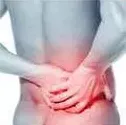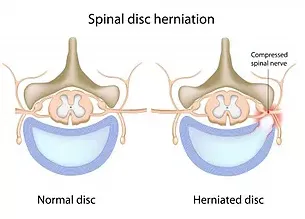
Back pain can be acute or chronic, can strike you suddenly or develop slowly over time, and may spread out to other regions such as shoulders, neck, legs and more. Mechanical disorders affecting the back include injuries like muscle strains, osteoarthritis, herniated discs, and spinal stenosis. Back pain can also result from acquired conditions such as osteoporosis, arthritis, scioliosis, ankylosing spondylitis, and spinal infections.

Disc Herniation
A herniated disc, often referred to as a slipped or ruptured disc, is a condition that causes back pain which often spreads out to the neck, arms, and legs. The discs are made of a soft jelly-like center, act as shock absorbers and allow the back to flex. When a disc herniates, its hard outer coating is compromised causing the soft substance to leak toward the spinal canal and press nearby nerves. This results in pain that often radiates down to the leg, a condition called sciatica.
Spinal Stenosis
Spinal stenosis is the narrowing of the spinal canal. The narrowed canal presses nerves roots, causing pain and numbness. It usually occurs as a result of aging due to degenerative changes, the most common cause being arthritis. The narrowing may involve just a small part of the spine; however it can also affect a large area. When the pressure originated in the lower part of the spine, it may affect the legs, while pain in the neck area appears when the upper part of the spinal canal is pressured.

Scoliosis
The human spine has a natural curve, but some people have spines that curve sideways, in the shape of a C or S. Scoliosis usually develops during childhood, but is more likely to cause symptoms in adults. If detected early, scoliosis can usually be prevented from getting worse. Treatment is mostly given to help with pain relief in adults as it is too late to correct the position of the spine.
